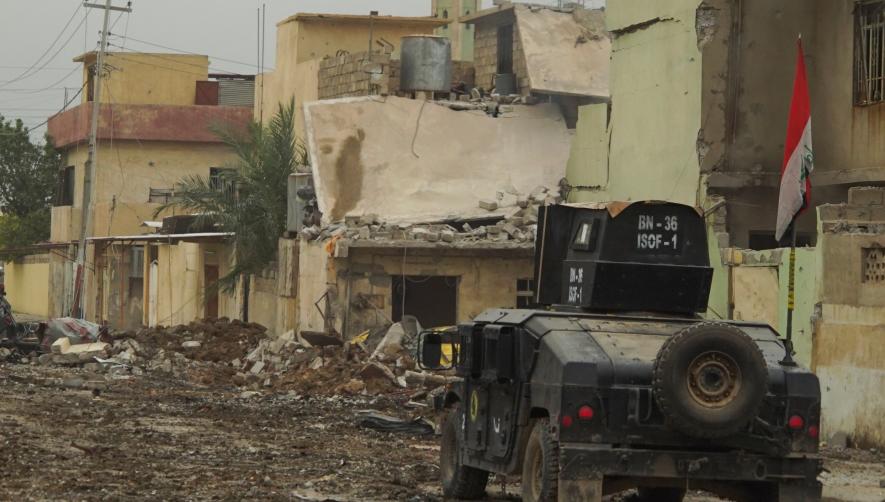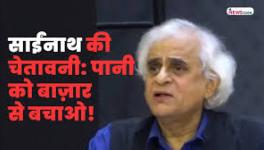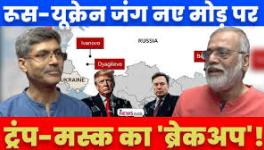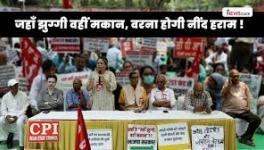Why Victory in Mosul is Not Enough to Defeat IS?

War in Mosul, Image Courtesy: commons.wikimedia
The defeat of the Islamic State (IS) in Mosul three years after it captured the strategic city in northern Iraq is seen as the beginning of the end of the extremist militant outfit. As the Iraqi troops continue their offensive against IS, the loss of territory may not completely eradicate the terrorist outfit, and is likely to manifest itself in some other form.
The Iraqi Prime Minister Haider al-Abadi arrived in Mosul on Sunday, 9 July to congratulate the armed forces for having reclaimed the city from IS. His visit marked the end of a long and difficult campaign to oust the outfit from the city, where the dreaded IS leader Abu Bakr al Baghdadi declared his reign from a mosque pulpit. The Great Mosque of al-Nuri, which dates back to medieval times, now lies in rubble.
The Islamic State controlled vast swathes of territory in northern Iraq and southeast Syria, between the major cities of Mosul and Deir Ezzor in the two countries respectively. Since early 2017, the militant outfit has lost nearly one fourth of the ground it has been holding for three years. The outfit, which attracted much of its notoriety for carrying out mass public executions which were then filmed and posted online, has since then lost most of the urban centres it occupied.
The crumbling of the IS’s self-proclaimed Caliphate appeared closer after Iraqi forces celebrated victory as they took over the city of Mosul on Sunday. This is the second biggest defeat the IS has suffered after they were driven out from the city of Aleppo by Syrian forces backed by Russian air support. The group is currently clinging on to a few pockets in the old city of Raqqa, where the Syrian Democratic Forces (SDF), consisting of Kurd and Arab fighters have closed in, forcing the remaining IS fighters to flee or “fight to death”.
Since IS became the first among the various Arab jihadist groups to establish a “caliphate” following the War on Iraq and the subsequent Syrian conflict, it also became a formidable force due to the havoc it wreaked in countries all over the world like Turkey, Germany and the United Kingdom.
The Islamic State’s loss of territory is not enough to wipe out the outfit. The group is moving out from the urban centres into rural areas spread across the two war-torn countries. It is in this setting that the battle to root out the IS will have to be carried forward. The battle-hardened IS fighters from Arab republics, Afghanistan, Chechnya and other regions, meanwhile, will be more comfortable with rural warfare.
The IS’s loss of territory also allows it to lay off the burden to run a state with extreme health and education woes. They may also return to the state in which other extreme jihadist militant outfits like Al-Qaeda operate. The group will lose millions of dollars as they lose control over oil and gas fields, but carrying out terror attacks would not require much more than their other sources of income.
The strategy of the IS differed from that of the Al-Qaeda in that the latter chose not to claim territory, as it believed doing so would create hurdles since the people will have to be fed.
In a 2010 letter, Al-Qaeda's Osama Bin Laden pointed out: “The issue of providing for basic needs is a matter that must be taken into consideration before taking control of nations or cities. If a controlling force that enjoys the support of the majority where it has taken control fails to provide for the basic needs of the people, it will lose their support and will find itself in a difficult position that will grow increasingly difficult with each passing day.”
The IS went ahead with imposing their control over territories before realizing this, plunging the local population into dire straits as food and supplies were in short supply. On the other hand, Al-Qaeda has branched out and manifested itself in various forms and outfits such as the Jabhat al-Nusra that suit varying plans and schemes.
With all the losses that the IS has suffered, an opportunity might have emerged to finish off the terrorist outfit from the remaining parts of the Syrian and Iraqi territories. But it is also likely that the ideological seed that the outfit has sown may grow. What is also likely is that new strategies, alliances and alternative outfits may arise, unless all such possibilities are countered on multiple fronts - socially, politically and militarily.
Disclaimer: The views expressed here are the author's personal views, and do not necessarilyrepresent the views of Newsclick
Get the latest reports & analysis with people's perspective on Protests, movements & deep analytical videos, discussions of the current affairs in your Telegram app. Subscribe to NewsClick's Telegram channel & get Real-Time updates on stories, as they get published on our website.














